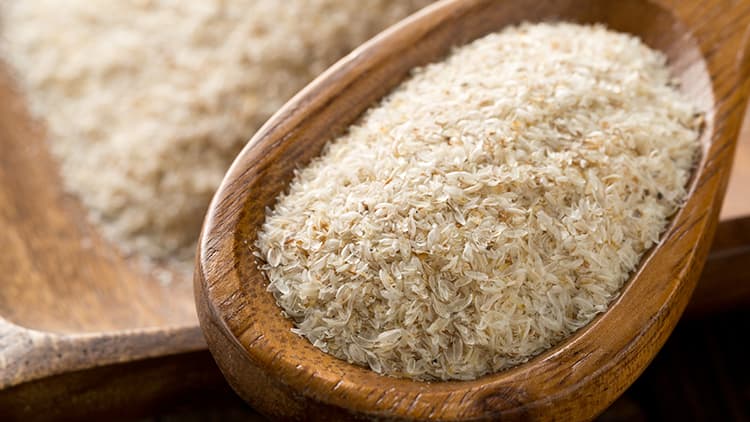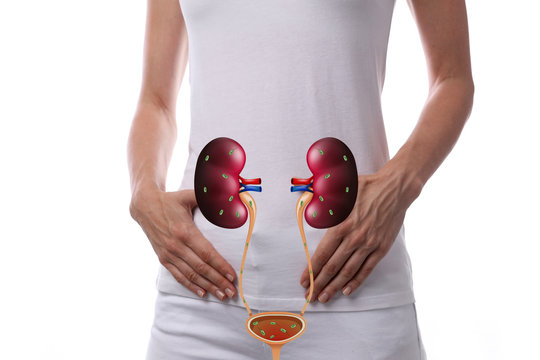
Victims of Workplace Bullying at Increased Risk of Depression and Cardiovascular Disease
January 1, 2021
Scientists suggest that eating yogurt may help reduce the risk of breast cancer
January 22, 2021Study Sheds light on effectiveness of Mindfulness Meditation vs Headache Education for Migraine patients
Migraine is a very common health condition and affects many. It is the second leading cause of disability worldwide.
A subject affected by migraine experience moderate to severe, recurring headaches and other symptoms and it usually begins in early adulthood.
The precise or exact cause of migraine is not known, however it is not caused by an underlying medical condition. Researchers suspect that migraine may be caused by nerve impulses that send signals about pain or due to certain brain chemicals.
Some of the common risk factors for developing migraine are; a positive family history, people suffering through depression, anxiety or other mental health conditions and is more common among women as compare to men.
A migraine episode may last for few hours to days and may recur. Signs and symptoms of migraine include moderate to severe pain on one side or both sides of head. The pain may be throbbing or pulsing and may be accompanied by nausea, vomiting, sensitivity to odors, light or sound, fatigue etc.
There are also factors that may trigger a migraine episode such as; stress, anxiety, medicines, loud noises, strong smells, hormonal changes in women, tobacco, caffeine, sleep disturbances and over exertion etc.
Diagnosis mainly depends upon medical history, signs and symptoms and ruling out other medical conditions.
Physicians usually prescribe pain relieving medications to help relieve symptoms of migraine. They may also educate patients to avoid migraine triggers. Moreover, life style modifications such as regular exercise, regular sleep, healthy eating patterns, and stress management and relaxation techniques may also help in reducing the symptoms in migraine patients.
Furthermore, untreated migraines can severely affect ones’ quality of life and can be disabling; and can severely affect work, daily life chores and social activities of affected individuals.
A substantial proportion of patients with migraine do not attain adequate relief with conventional medical approaches. Most patients discontinue medications due to adverse effects or inefficiency.
As health experts expected that mindfulness-based stress reduction (MBSR) may be beneficial for migraine patients; researchers conducted studies to determine if MBSR improves migraine outcomes and affective/cognitive processes compared with headache education (migraine information).
[Mindfulness-based cognitive therapy is a type of psychotherapy that involves a combination of cognitive therapy, meditation, and the cultivation of a present oriented-non-judgmental attitude called ‘mindfulness’. The therapy helps to recognize and reassess patterns of negative thoughts and replace them with positive thoughts that more closely reflect reality. It is focused on using wide range of strategies to help overcome negative thoughts which may include relaxation techniques, mental distractions, journaling etc.]
The clinical trials included 89 adult participants who experienced between 4 and 20 migraine days, to compare effectiveness of MBSR vs headache education.
Moreover, most of the participants were female (92%) with mean or average age 43.9 years, and experienced a mean of 7.3 migraine days per month; the participants were followed-up through 36 weeks.
During the studies participants were divided into two groups; one of the group received MBSR (standardized training in mindfulness/yoga); and the other group received headache education (migraine information) in 2 hours session each week for 8 weeks.
The results of the studies have shown that participants in both the groups had fewer migraine days at 12 weeks follow-up.
Furthermore, those who participated in MBSR had improvements in disability, quality of life, self-efficacy, pain catastrophizing, depression scores, and experimentally induced pain intensity and unpleasantness as were followed at 12, 24, and 36 weeks.
Thus in the light of these findings researchers have concluded that mindfulness-based stress reduction did not improve migraine frequency more than headache education as both groups have similar decreases; however as MBSR group had improvements in disability, quality of life, self-efficacy, pain catastrophizing, depression scores and experimentally induced pain intensity and unpleasantness out to 36 weeks; thus MBSR may help treat total migraine burden but a larger and more definitive study is needed to further investigate the results.
REFERENCE:
Effectiveness of Mindfulness Meditation vs Headache Education for Adults with Migraine: A Randomized Clinical Trial
Jama Intern Med. Published online December 14, 2020.
Doi:10.1001/jamainternmed.2020.7090






